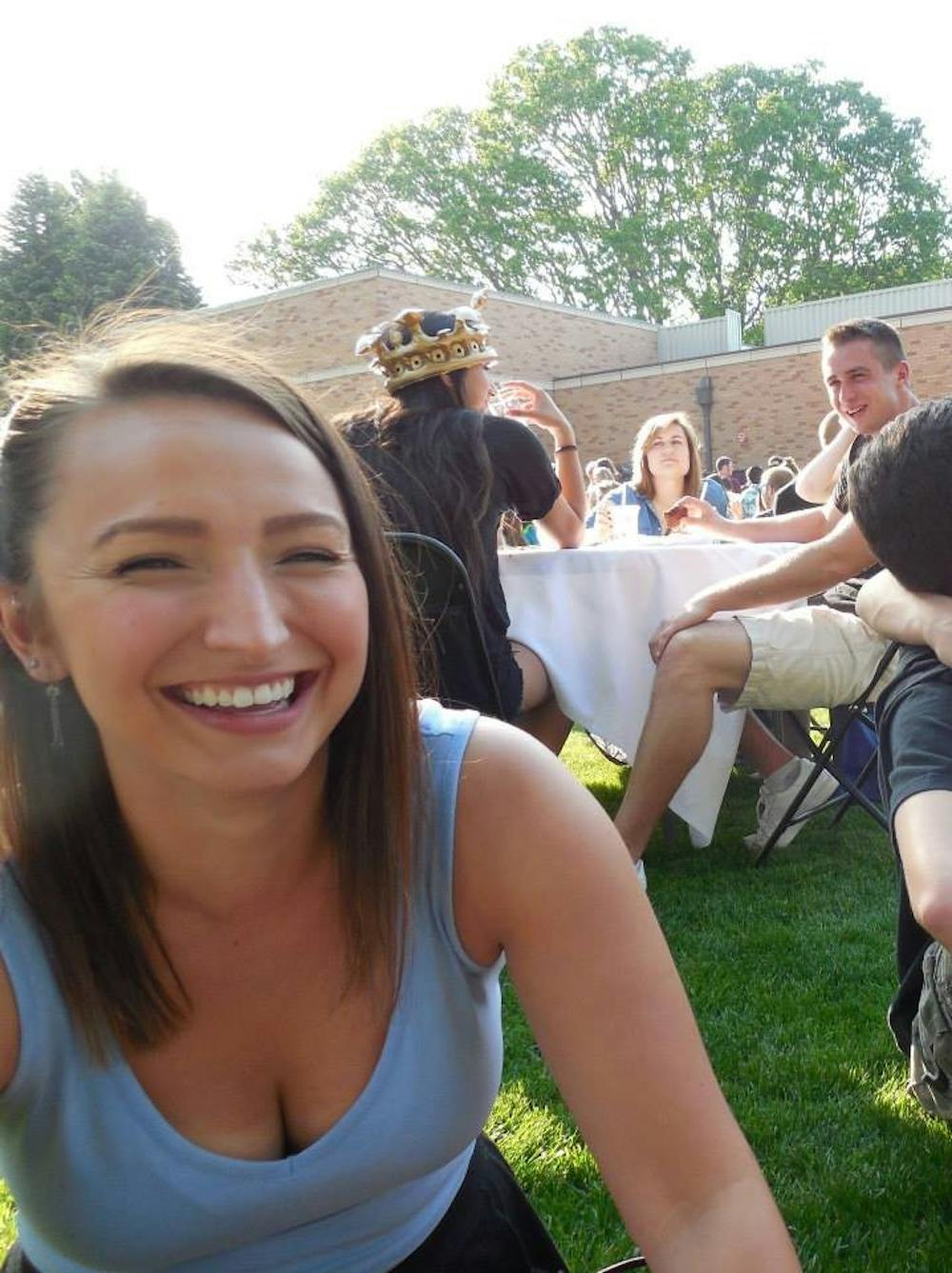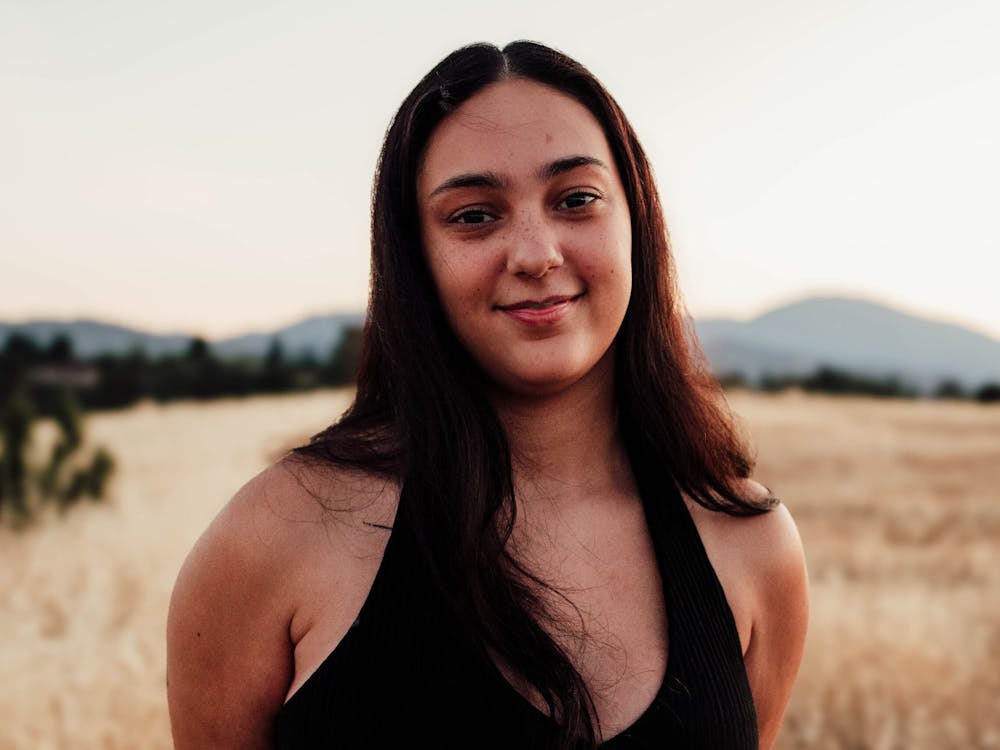Mariah Wilgden |
Last semester I submitted an op-ed, not much different from this very one, coming clean about my struggle with self-harm.
I had written it a few months before submitting it, but couldn’t get myself to submit it.
I was scared.
What if people thought I was crazy, unstable or suicidal?
What if people started treating me differently? Treating me like I was fragile?
The intent of writing about my story wasn’t about reserving special treatment for myself. It was about critiquing the treatment of mental health and invisible suffering by our society. Knowing this, however, did little to calm my nerves.
The week my submission was coming out, I knew that before I broadcasted my past with self-harm, I needed to talk to some of my closest friends—my roommates. Who else could I trust more with something so personal than the people with whom I live?
I sat down with my roommates in our living room, with the pretext of a “family meeting.” I was so nervous; I remember having trouble making eye contact.
However, in that vulnerable moment of telling all of them my personal story, I felt completely loved and supported.
Later that very night we embarked on a Salt & Straw run and watched “It’s Always Sunny in Philadelphia,” and everything was normal. Nobody was walking on eggshells or treating me differently because of what I had said.
That’s exactly what I wanted. That’s what everyone struggling with mental health issues wants—to be accepted.
By the day the article came out, I didn’t feel nervous anymore. I remember walking to campus feeling relieved, like an enormous weight had been lifted off of my shoulders.
For years I had been carrying around what I felt like was a shameful secret, something that was not to be shared.
At times it overwhelmed me.
I would stare at the scars on my wrist wondering if anyone noticed, and if they did what they thought of me. I didn’t want people to ever know that I burned myself to feel better. My thoughts turned dark. I would rub my wrist in hopes of erasing the burn marks.
With the article out, it was out of my hands. My worries about what people would think, were now irrelevant. I knew that my family and friends loved and supported me still, and I knew that I could finally say I loved myself.
The day my op-ed was published and the days following, I found the same kind of acceptance from other friends, relatives, acquaintances and strangers. I received texts, Facebook messages and emails from people saying that they or people that they knew had gone through similar experiences. They appreciated reading about my story and my thoughts. They trusted me with their own personal stories and I was grateful for their confidence in me.
Yes, there were likely people who called me crazy as I had originally feared, but their voices were dwarfed in comparison to the amount of support I received. Now, I couldn’t care less if people think I’m damaged or unstable, because I know that’s false.
I found strength in a story that once made me feel powerless.
I found acceptance when I feared rejection.
And I found that others also believed that struggling with mental health issues doesn’t define a person.
We all struggle. Let's struggle together.
Mariah Wilgden is a senior political science major and can be reached at wildgen16@up.edu.
Mental Health Resources:
UP Health and Counseling Center: 503-943-7134
Multnomah Mental Health Crisis Line: 503-988-4888
Active Minds: activemindsup@gmail.com or facebook.com/activemindsatup








